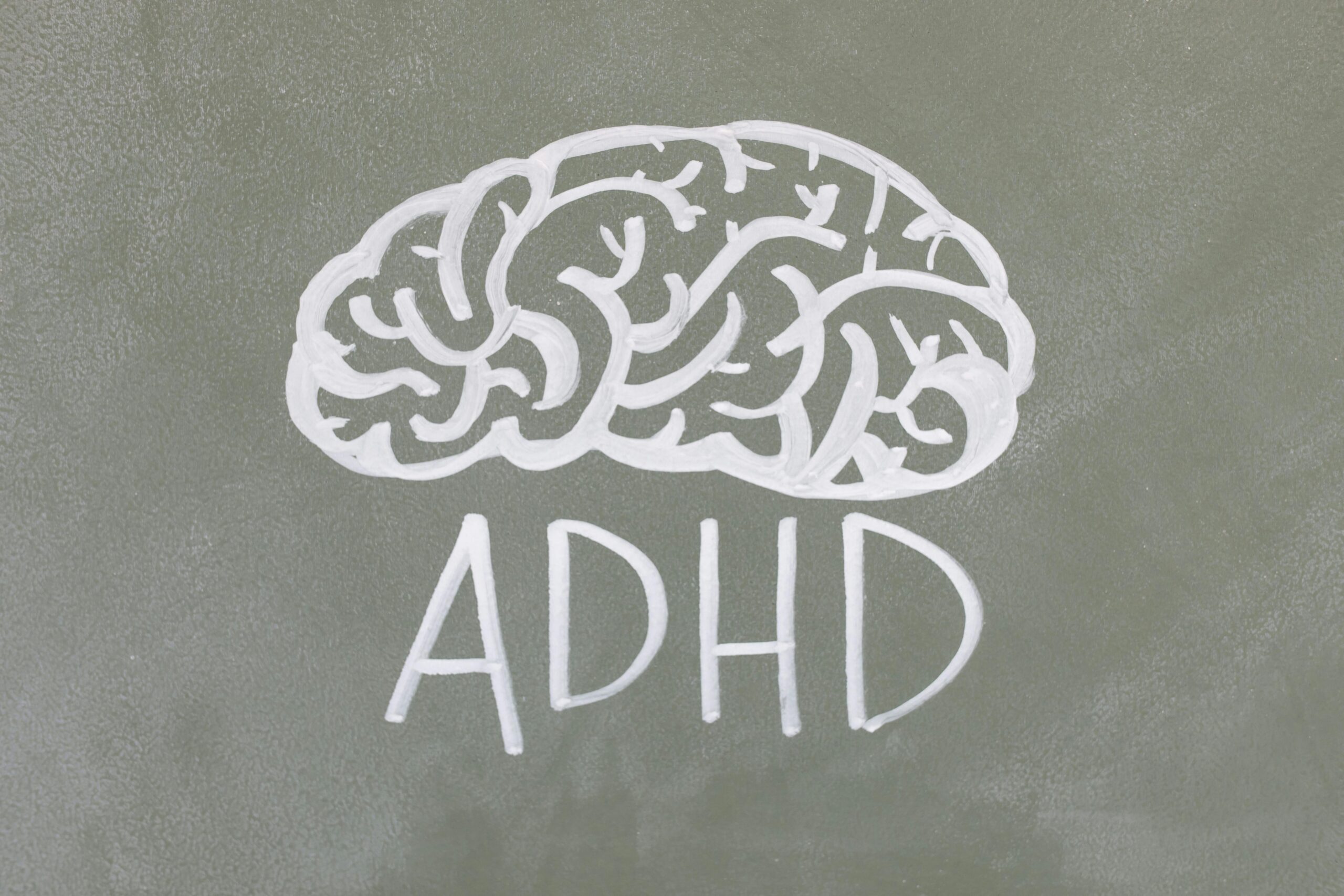Many adults find themselves asking- “Did I just develop ADHD?”
This question often comes up when someone starts struggling — or can no longer tolerate long-standing struggles — with focus, time management, emotional regulation, or memory. These challenges may seem to appear “suddenly” in adulthood, especially during times of stress or transition.
So, what does the research actually say about ADHD diagnosed in adulthood? Can someone develop ADHD later in life, or has it just gone unnoticed?
ADHD Is a Neurodevelopmental Disorder
ADHD (Attention-Deficit/Hyperactivity Disorder) is classified in the DSM-5-TR as a neurodevelopmental disorder. That means it begins in early brain development — long before adulthood — and is present during childhood, even if it isn’t diagnosed until later in life.
According to the DSM-5-TR diagnostic criteria, ADHD:
- Must have some symptoms present before age 12
- Must cause impairment in multiple settings (e.g., school, home, work)
- Cannot be better explained by another mental health or medical condition
But here’s the nuance: someone may not have met full diagnostic criteria as a child — especially if their environment helped compensate, or if their symptoms were milder. That doesn’t mean their ADHD “started” in adulthood.
Is Adult-Onset ADHD Real?
The idea of “adult-onset” ADHD — where someone has zero childhood symptoms and only develops ADHD in adulthood — has been largely debunked by research.
One of the most well-known studies comes from New Zealand (Moffitt et al., 2015), where researchers tracked participants from birth to age 38. Some participants reported ADHD-like symptoms only in adulthood, but upon deeper review:
- Many had subthreshold symptoms in childhood (just not meeting full criteria)
- Others had misdiagnosed causes, like trauma, substance misuse, or mood disorders
In short: true adult-onset ADHD without any signs in childhood is not supported by current evidence. But that doesn’t mean your struggles aren’t valid or real.
Why Symptoms Might “Show Up” Later
Even if ADHD is lifelong, the symptoms often become more noticeable or impairing in adulthood — especially under stress or during life transitions.
You may have managed fine in structured environments like school or home. But when life becomes more demanding (university, parenting, high-pressure jobs), those supports fall away — and your ability to compensate may decline. The ADHD was always there, but now it’s interfering more.
Conditions That Can Mimic ADHD
It’s also important to recognize that several other mental health conditions can mimic ADHD symptoms, especially in adults:
- Anxiety or depression
- Trauma or PTSD
- Sleep disorders
- Chronic stress or burnout
- Cognitive disengagement syndrome
All of these can lead to inattention, forgetfulness, poor motivation, and emotional dysregulation — but they’re not ADHD. That’s why jumping to conclusions based on symptoms alone can be misleading.
What a Comprehensive ADHD Assessment Looks Like
If you’re noticing new or worsening ADHD-like symptoms as an adult, the next step isn’t guessing — it’s clarity.
At The Downtown Psychology Clinic, we conduct comprehensive ADHD assessments that include:
- Detailed clinical interviews
- Standardized, evidence-based ADHD and mental health assessment tools (not just screeners)
- In-depth review of academic, medical, and developmental history
- A differential diagnostic process to rule out other causes
- Personalized recommendations to help you move forward
We don’t just tell you if you meet the criteria — we help you understand why you’re struggling and what to do about it.
Reframing the Narrative
Many adults who are diagnosed with ADHD later in life experience a powerful emotional shift:
- Relief that they’re not “lazy” or “flaky”
- Understanding that their brain has been wired this way all along
- Grief for missed support or misunderstood struggles in the past
A formal diagnosis can reframe years of self-blame, help you recognize patterns, and open the door to support and strategies that work.
You Don’t Need to Have It All Figured Out
Whether you’ve just started wondering about ADHD or are already navigating a diagnosis, therapy can help. At Downtown Psychology Clinic, we offer both assessments and therapy that meet you where you are — no matter how late in life your journey begins. Let’s take the next step together.
____________________________________________________________________________________________
The content of this blog is for informational purposes only, and is not intended to be a substitute for professional medical or psychological advice, diagnosis or treatment. Always seek the advice of your mental health provider or physician with any questions that you have regarding mental health concerns. If you think you have an emergency, please call 911 or visit your nearest emergency room.


